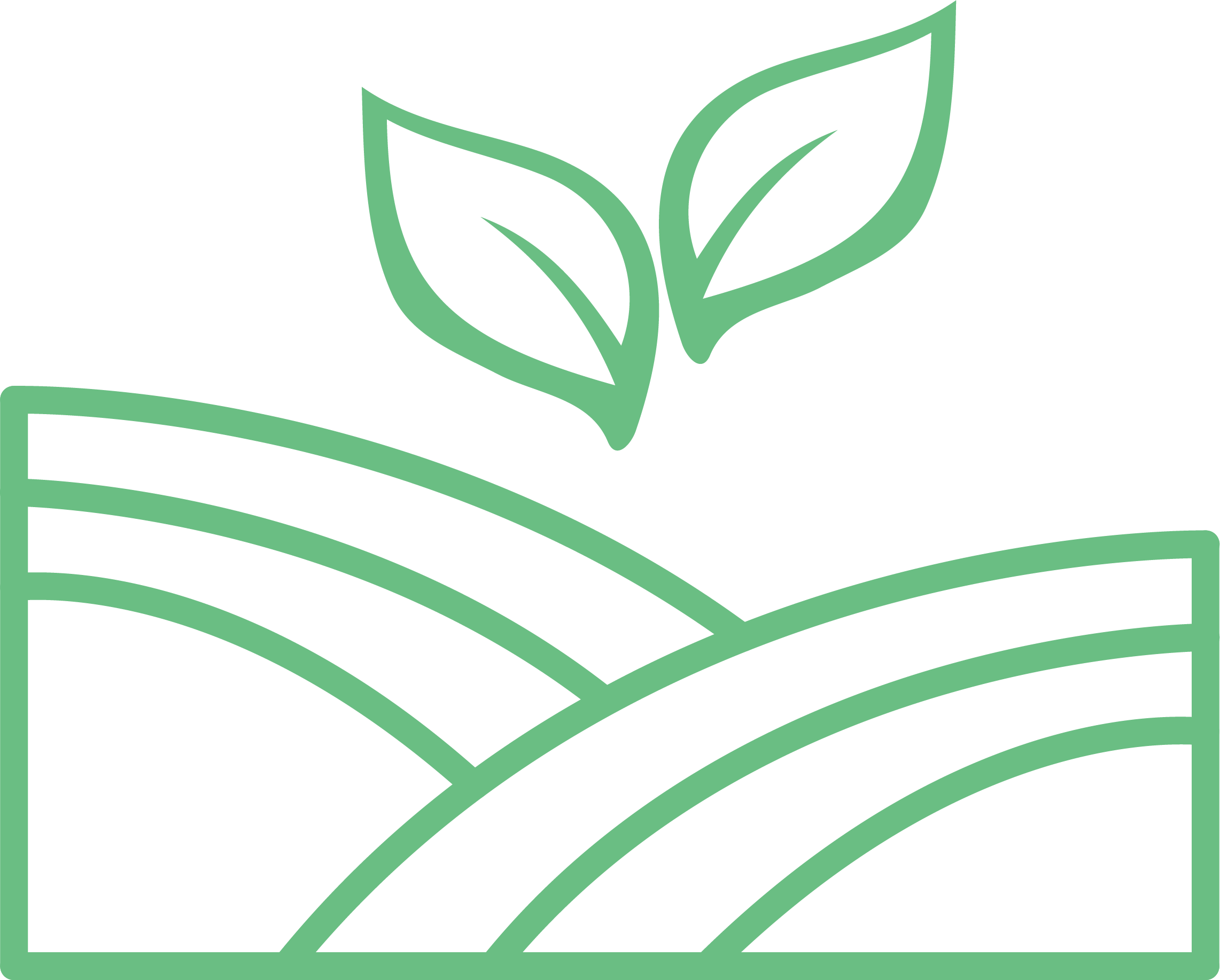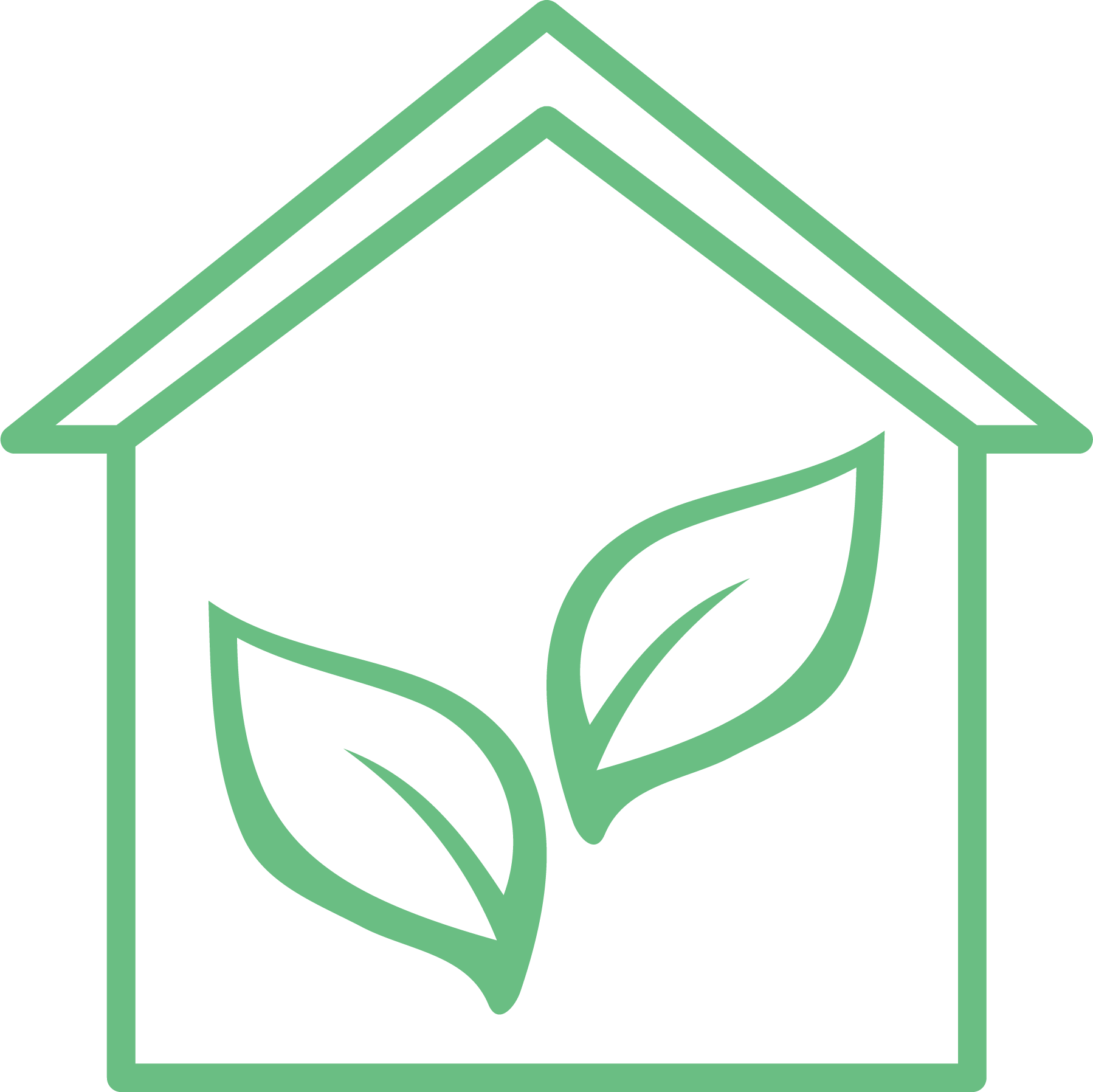The Mother and Child-Friendly Seal for Responsible Business is a collaborative initiative between The Centre for Child Rights and Business Sri Lanka and key stakeholders in the Sri Lankan tea industry.
The goal of the Seal initiative is to create supportive environments for the wellbeing of female workers and children in Sri Lanka’s tea plantations and estates through a range of activities based on business entities’ own, individual baselines. The initiative gives recognition to upstream and downstream business entities for their continued efforts to transform Sri Lanka’s tea industry into one that is globally recognised as being sustainable and family-friendly.


Sri Lanka’s tea industry is comprised of upstream (plantation companies, estates) and downstream (buyers, brands) business actors. We recognise that businesses along the supply chain have different starting points, strategies and resources, and that a uniform standard requiring adherence to stringent rules does not work for everyone. The Mother and Child-Friendly Seal for Responsible Business focuses on recognising implemented measures based on business actors’ individual baselines and continued progress towards improving women and children’s wellbeing in their communities
As such, the seal initiative is not static. A participant retains compliance with the seal intitiative by continuously improving their mother and child-friendly practices instead of meeting a set of fixed requirements.
What’s more, seal initiative takes a broader view of children’s rights. It embraces a continuous improvement approach that encourages responsible practices beyond compliance-driven targets.
By joining this seal initiative, you are making a public commitment that you are serious about improving the conditions for mothers in plantations, their children and communities tied to the tea sector. As a seal initiative member, you will become part of a leading community of businesses working towards advancing the wellbeing of mothers and children in Sri Lanka’s tea industry
The systematic changes made over time as part of this seal initiative will benefit a range of stakeholders, including plantation workers, their families, plantation communities, but also tea farmers, traders, manufacturers and more.
As a member that meets the seal initiative’s criteria, you will receive a certification seal that can be used on your products to showcase your dedication to continuously improving the lives of families and communities in tea plantations. You will also receive unique QR codes that can be used to promote your participation in the scheme and communicate the outcomes
Sharing your commitment to mothers and children with your customers helps to boost your reputation.
The seal initiative is comprised of core requirements and self-selected improvements. Core requirements are the mandatory requirements to be met by seal initiative participants as outlined below. To recognise additional efforts made by participants and to encourage continuous improvement beyond the baseline, a badge of “Excellence” and corresponding requirements are reserved for those who can achieve more.
The business entity management demonstrate commitment and capacities to mitigate child rights risks and improve the welfare of mothers and children in its tea supply chains. Adequate resources and staff are dedicated to initiatives aimed at improving mother and children’s welfare.
Key company and supplier personnel responsible for child rights in supply chains receive adequate training and support so they have the capacity to meaningfully conduct risk assessment, implement mother and child friendly activities and improve mother and children’s welfare.
The business entity demonstrates commitment to create meaningful business incentives for mother and child-friendly practices in its supply chains, so that sustainable investments could be made to improve by the suppliers and communities to improve the wellbeing of women and children.
The business entity commits to gradually increase the scope, impact and resources of mother and child friendly initiatives in its supply chains
The business entity demonstrates commitment to broaden the mother and child friendly initiatives in its supply chains to systematically address the root causes of poverty, inequity and marginalisation, by embarking on self-selected improvement programmes on priority child rights issues.
The company (RPC) and estates management demonstrate commitment and capacities to mitigate child rights risks and improve the welfare of mothers and children on the estates. Adequate resources and staff are dedicated to the development and implementation of activities aimed at improving mother and children’s welfare.
Key business entity, estate and community personnel responsible for mother and children’s welfare receive adequate training and support so they have the capacity to meaningfully conduct community engagement, implement mother and child friendly activities and improve mother and children’s welfare.
The company (RPC) and estates demonstrate commitment and capacities to meaningfully engage with plantation communities, particularly women and children, so that their needs are understood and addressed. Women are represented in committee, supervisory, management roles, and are empowered to effectively access, and influence decision making processes that affect their and their children’s welfare.
The business entity commits to gradually increase the scope, impact and resources of its mother and child friendly activities, with the aim to eventually scale up the activities to benefit all mothers and children on the plantations.
The business entity demonstrate commitment to broaden the mother and child friendly initiatives in its supply chains to systematically address the root causes of poverty, inequity and marginalisation, by embarking on self-selected improvement programs on priority child rights issues.
The seal initiative and standards are guided by the following features and principles, aimed at maximising the scheme’s impact on improving child rights in the supply chains.
Child Rights Centred Approach
Performance-based Certification
Continuous Improvements
Transparency
Gender Equality
Child Participation
Expression of Interest:
An interested business entity can ask for an introductory session by the Seal unit of The Centre or express interest via the online form on the Seal website
Child-Centric Capacity Self-Assessment:
The business entity carries out a child-centric capacity self-assessment, with the guidance provided by The Centre. The Centre will review the capacity self-assessment, together with the evidence submitted, and provide feedback on areas identified for strengthening.
During renewals, the business entity will need to have demonstrated progress in each cycle of self-assessment.
Expected timeframe: 2-3 weeks
Action Plan and Monitoring Plan Development:
The Business entity consults with their community stakeholders (children, youth, parents in their workforce) to prioritise the different areas of improvement and develop a two-year action plan.
The Centre will support with tools and guidance, review the suggested action plan, and support the development of monitoring plan to set targets and measure progress of the action plan implementation.
For business entities working on renewing their Seal, the entities need to demonstrate how the learnings and recommendations from previous phase assessments are being addressed in this phase.
Expected timeframe: 2-4 weeks
Pledge/Preliminary Seal:
Once the action and monitoring plan is finalised and submitted, The Centre will issue the pledge/preliminary seal. A profile of the business entity is created on the Seal website. The Centre will publish the preliminary Seal level together with the submitted implementation plan and monitoring plan on the Mother and Child-Friendly Seal for Responsible Business website (www.srilanka-motherandchildseal.org). The grievance and feedback channels can always be used by any individual to express concern or feedback for the business entity.
Expected timeframe: 1 week
Implementation of Action Plan:
The business entities will start implementing the action plan they have submitted and may refer to expertise from The Centre and other third parties.
Expected timeframe: 2 years
Ongoing Monitoring:
Monitoring will be undertaken through three channels:
Through self-monitoring /reporting by the business entity, including bi-annual self-monitoring reports be submitted to The Centre
Through on-site checks performed by advisory committee members with the help of the benchmarking tools developed by The Centre
Consideration of any feedback, praise, grievances, reports etc. voiced by any stakeholder regarding the business unit
Child-centric Impact Assessment:
The Centre’s Seal Unit will undertake the impact assessment after the first year for a new business, and every two years thereafter to assess impact on the wellbeing of the targeted children and women. Once the Seal has reached a significant membership, the assessments will be carried out by third party independent assessment bodies.
Issuance/Renewal of Seal:
The impact assessment report will be shared with the Seal owner as well as the business entity. The Seal Owner makes the decision on the issuance/ renewal of the Seal.